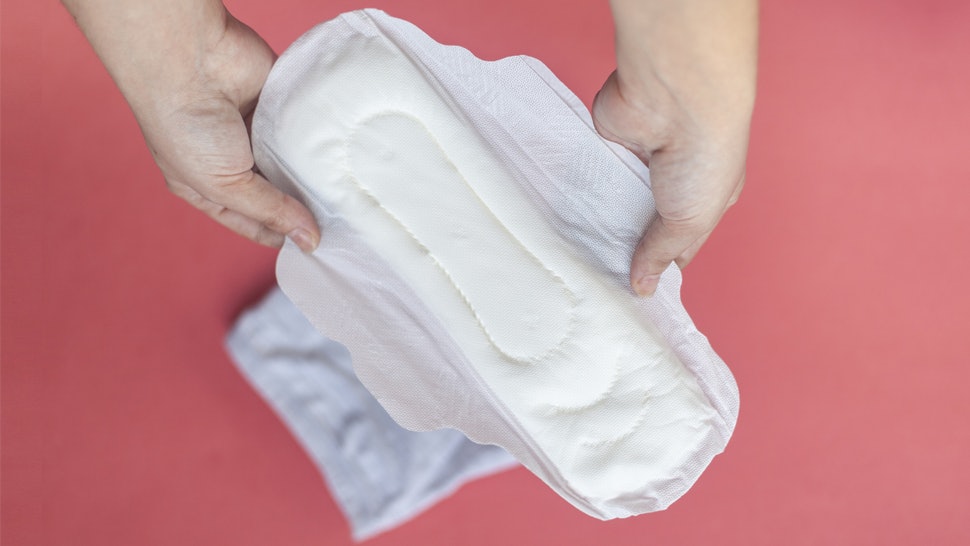A US-government-funded study has found that women vaccinated against COVID-19 experienced a slight delay in the onset of their menstrual flow compared to unvaccinated women.
The study sponsored by the National Institutes of Health (NIH) was published in the Obstetrics & Gynecology on Thursday.
However, the delays were for one day or less, the study found.
The study confirmed observations of scores of women online that reported their menstrual cycles being altered as a result of taking the jab, New York Post reported.
The respondents in the ongoing, year-long study, more than 4,000 of them, stated that it did not substantially affect the number of bleeding days.
Read Also: Tyler Perry pays tributes to Sidney Poitier, first black person to win Oscar Best Actor
For the study, scientists retrieved data from a fertility tracking app utilised by women aged 18 to 45 who were not using hormonal contraception, which typically regulates a period into a stricter schedule.
About 2,400 participants were vaccinated with either the Pfizer (55%), Moderna (35%) or Johnson & Johnson (7%) vaccines. The remaining 1,500 women were unvaccinated and included in the study as a control group.
The average increase in women’s cycles after the first vaccine dose was 0.64-day (about 15.36 hours), and 0.79-day (about 18.96 hours) following the second dose.
Lead author Alison Edelman of the Oregon Health & Science University told Agence France-Presse that the jab’s impact is now believed to be minimal and temporary, an outcome she called “very reassuring” — and validating for the women who reported the changes.
“It validates that there is something real here,” Dr. Hugh Taylor, the chair of the department of obstetrics, gynecology and reproductive sciences at Yale School of Medicine, told the New York Times.
Edelman said that since the immune system and the reproductive system are interlinked, her team believed the change may be related to immune system response.

